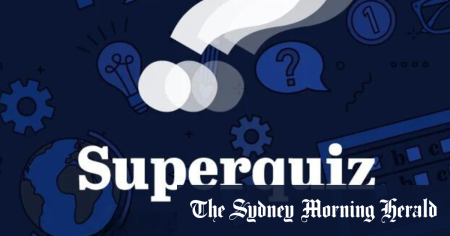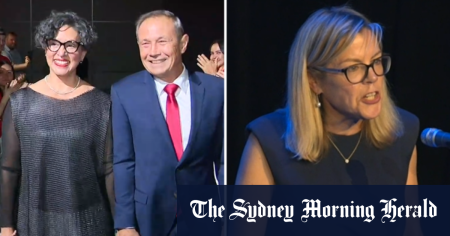The current system of disability provisions for the Higher School Certificate (HSC) examination in New South Wales, Australia, is inherently flawed and perpetuates socioeconomic inequalities. The process, which allows students with diagnosed disabilities to receive special considerations during the exams, is being exploited by families with greater financial resources. The ability to afford specialist consultations and obtain diagnoses, particularly for conditions like ADHD, significantly advantages wealthier students, who disproportionately attend private schools. This creates an uneven playing field, where students from lower socioeconomic backgrounds lack access to the same resources and are therefore less likely to receive the necessary provisions, even if they have legitimate learning differences. The escalating costs associated with these diagnoses further exacerbate the issue, widening the gap between the haves and have-nots. The reported statistic of 50% of students at one expensive private school applying for these provisions underscores the urgent need for a comprehensive review and subsequent reform of the system. Failure to address this issue will only deepen the existing inequalities and undermine the principle of a fair and equitable education system.
The sheer volume of applications for HSC disability provisions from private school students raises serious questions about the integrity of the examination process. With one in five private school students seeking these accommodations, it is evident that the system is being manipulated. This situation highlights the stark divide between privileged students and those from less affluent backgrounds, reinforcing the perception that access to support is heavily influenced by socioeconomic status. A fair and equitable education system should be the cornerstone of any just society, providing equal opportunities for all students to thrive. The current system, however, fails to deliver on this promise, perpetuating a cycle of disadvantage for students from lower socioeconomic backgrounds. Addressing this issue requires a fundamental shift in policy and practice, ensuring that all students have access to the support they need to succeed, regardless of their financial circumstances.
The debate surrounding compulsory voting raises fundamental questions about the nature of democratic participation. While some argue that only informed and engaged citizens should be obligated to vote, others maintain that universal suffrage, regardless of individual knowledge or interest, is essential for a truly representative democracy. The presence of “donkey voters,” those who vote randomly or based on ballot order, is often cited as a potential flaw in compulsory voting systems. However, dismissing these votes as meaningless overlooks the fact that even seemingly arbitrary choices can reflect underlying societal trends or preferences. Furthermore, imposing restrictions on who can vote based on perceived knowledge or engagement risks disenfranchising certain groups and undermining the principle of equal representation. Ultimately, the debate boils down to balancing the ideal of informed participation with the practical realities of ensuring broad representation in a democratic society.
The significant cost overruns and delays plaguing the Snowy 2.0 hydroelectric project expose the challenges of implementing large-scale infrastructure projects, particularly in the context of renewable energy. This ambitious project, intended to expand Australia’s pumped hydro storage capacity, has faced numerous setbacks, highlighting the complexities of managing such endeavors and raising concerns about the government’s ability to effectively plan and execute renewable energy initiatives. The escalating costs and extended timelines serve as a cautionary tale for future projects, emphasizing the need for thorough planning, realistic budgeting, and effective risk management. This experience underscores the importance of carefully considering the potential challenges and costs associated with large-scale infrastructure projects before embarking on their development.
The ongoing debate surrounding the transition to renewable energy sources reveals a deep ideological divide. While some embrace the scientific consensus on climate change and advocate for a rapid shift to renewables, others remain skeptical, questioning the feasibility and cost-effectiveness of such a transition. This ideological battle often overshadows the practical considerations of implementing a sustainable energy system. Even as renewable energy technologies advance and become more cost-competitive, some critics continue to resist the transition, often based on ideological grounds rather than scientific evidence. This resistance can hinder progress towards a cleaner energy future, highlighting the need for open and constructive dialogue based on scientific understanding and a shared commitment to addressing climate change.
The implementation of food organics and garden organics (FOGO) collection systems highlights the varying approaches to waste management across different local council areas. The successful implementation of weekly FOGO collection in some areas raises questions about the delayed mandate for universal adoption by 2030. The benefits of diverting organic waste from landfill are well-established, including reduced greenhouse gas emissions and the creation of valuable compost. The discrepancy in implementation timelines between different councils suggests a need for greater coordination and a more urgent approach to widespread adoption of FOGO systems. Delaying the mandate until 2030 allows for continued reliance on landfill, which is environmentally unsustainable. Accelerating the transition to FOGO collection would significantly reduce landfill waste and contribute to a more sustainable approach to waste management.










